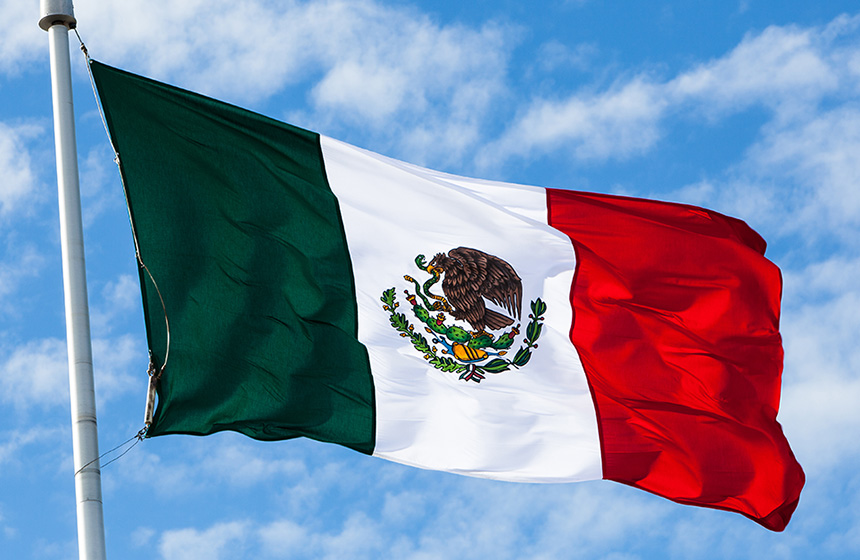Mexican Bill of Lading Complement: New Enforcement Deadline and Factors Affecting Invoicing Obligations

As previously reported in our automotive industry blog “Dashboard Insights” on August 12, 2021, the Mexican Tax Administration Service (SAT, as per its acronym in Spanish) has created the bill of lading complement, a new fiscal requirement for invoicing purposes that ties all transportation of goods to a digital invoice.
The bill of lading complement is a set of conditions that will soon be required for Mexican electronic invoices, commonly known as CFDI, in order to verify the legal importation and/or possession of goods that are to be transported by land, air, or sea within Mexican territory.
The bill of lading complement was expected to go into effect on September 30, 2021; however, in response to a number of practical concerns, the SAT issued an advance version of its rules that will become effective on January 1, 2022, and there is no indication of granting further extensions.
SAT´s advance version includes a number of factors that should be carefully considered depending on the specific type of transportation, say, with a company´s own resources, courier companies, federal and local transportation services, armored transportation companies, tolling services, and others.
When enforceable, the proper completion of the bill of lading complement will be absolutely necessary to legally transport imported and domestic goods within Mexican territory. Non-compliance would not allow for the deduction of transportation expenses incurred by a shipper. Furthermore, the Mexican House of Representatives is considering a bill that would allow criminal penalties to be imposed for non-compliance with the bill of lading complement.
There are several types of CFDI bill of lading complement invoices that are applicable, each corresponding to individual circumstances. An analysis of your company´s operations and transportation needs is strongly recommended to ensure compliance with the new fiscal requirement taking effect early 2022.


